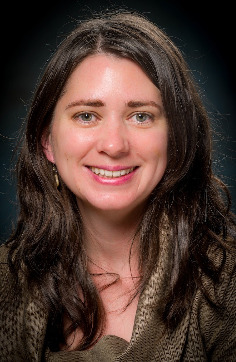Kathleen McConnell
 |
Professor
Keywords |
Current Research Activities
What historical role did vocational education play in civic engagement efforts? How do career technical and vocational education programs (CTVE) currently connect with civic education objectives? How might we develop those connections to repair civic infrastructure and revive civic life? In a second project, I am looking at the first feminist art program in the U.S., which opened in 1970 at Fresno State College (now California State University, Fresno). I am interested in why a teaching college was the first home of feminist art. What does that history tell us about the organizational development of academic domains?
Research Connections to Current Events
A 2020 report from the American Academy of Arts & Science Commission on the Practice of Democratic Citizenship found that many U.S. residents “have no experiences that give them a sense of common purpose” (18). This conceptual erosion of the commons corresponds with the physical deterioration of public infrastructure such as drinking water systems. (Flint still doesn’t have clean water). The disappearance of civic life makes all the more notable the emergence of CTVE programs geared toward maintenance of public infrastructure. These programs suggest new possibilities for developing anti-neoliberal, civic-minded curriculum.
Personal Connections to Research
I attended an alternative grade school, a traditional high school, and an alternative college for my bachelor’s degree. For a long time, I felt that traditional, conventional educational models were flawed in fundamental ways (e.g., too many disciplinary silos). Eventually, my choice to pursue an academic career required me to articulate the value that I see in traditional education and scholarly practices. That reflective exercise led me to look at how institutional practices at alternative colleges can help all educators better explain and advocate our work. I am inspired by Danielle Allen's broad impact on educational theory and policy, and by the Democratic Knowledge Project that she leads.